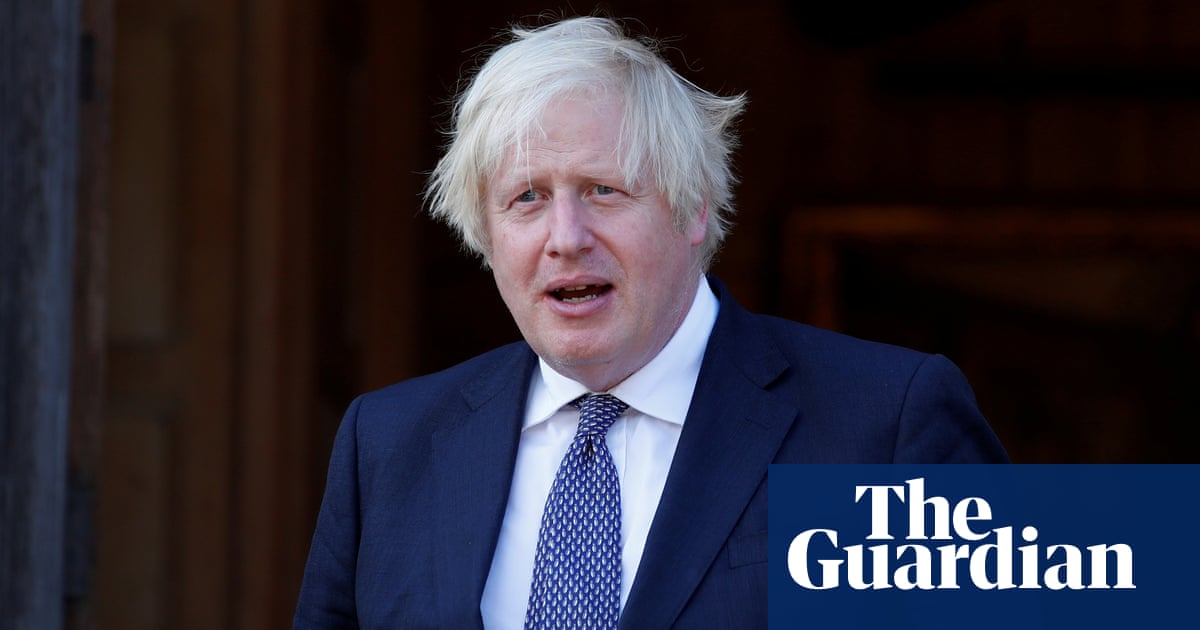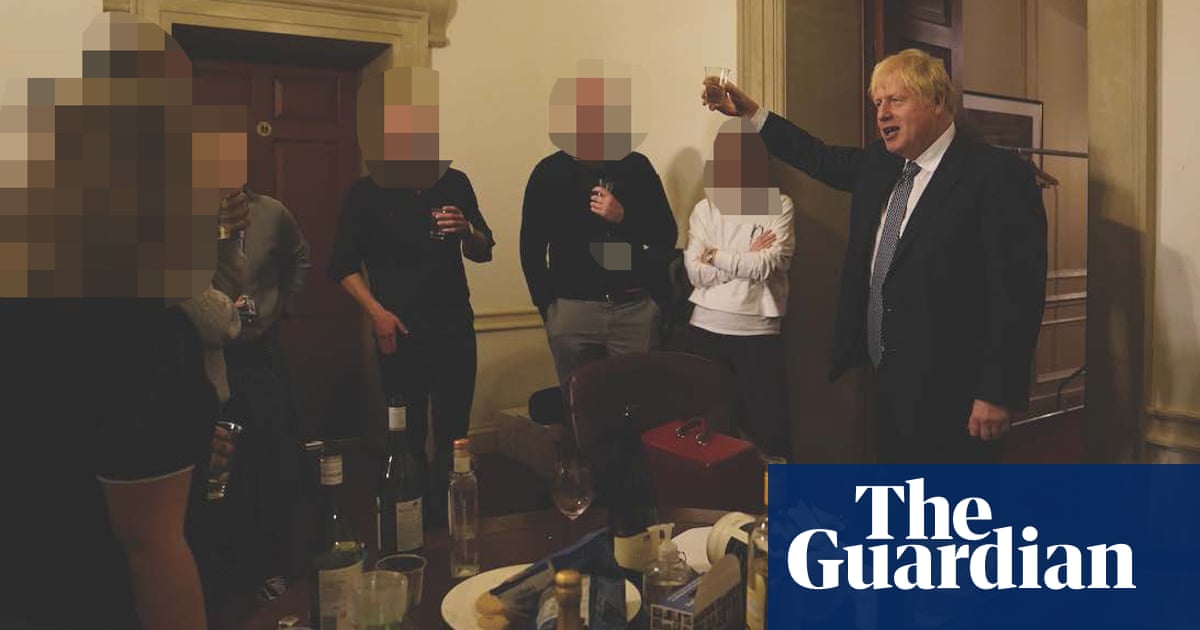
Boris Johnson has been accused of trying to “intimidate and bully” an inquiry into claims he misled MPs over Downing Street parties, after No 10 took the highly unusual step of commissioning a senior QC to scrutinise the legal basis for the process at a public cost of almost £130,000.
The crossbench peer David Pannick had argued that the Commons committee on privileges and standards was “proposing to adopt an unfair procedure” in examining allegations that Johnson falsely told the Commons he knew nothing about lockdown-breaking gatherings.
Pannick said Johnson should be permitted a lawyer and any sanction on him for inadvertently misleading MPs “would be likely to have a chilling effect on ministerial comments in the house”.
But the 22-page document prompted puzzlement from legal and constitutional experts, who said Pannick was assessing a parliamentary process as if it was a judicial one. Downing Street has declined to release the “instructions to counsel”, which set out the basis for a barrister’s opinion.
While ministers routinely seek legal advice, Johnson will face any consequences from the inquiry as a backbench MP. His successor as prime minister, expected to be Liz Truss, will take over on Tuesday, with voting in the Tory leadership campaign having ended on Friday afternoon.
However, Downing Street argues that the inquiry relates to his conduct as prime minister and thus has wider consequences for government.
Government sources confirmed the contract to Pannick, via a firm of solicitors, is one totalling £129,700 for four months of “legal services” beginning in August, published on Friday.
In a highly choreographed process seemingly intended to discredit the inquiry before it begins in the coming weeks, Pannick’s findings were briefed to a handful of friendly newspapers on Thursday night, which ran stories describing the opinion as “devastating”.
Chris Bryant, the Labour MP who stepped back from leading the investigation over previous criticism of Johnson, said it appeared to be “an attempt to intimidate and bully the committee”.
Pannick, Bryant added, “does not acknowledge that the motion from the House of Commons setting up the inquiry does not refer to ‘knowingly misleading the house’ at all. It simply says, ‘misleading the house’. Second, he doesn’t seem to understand that lots of standards processes have changed over the last 20 years.
“We now have a process for ministers to formally correct the record when they have made an inadvertent error. Boris Johnson has not done that in relation to this. But ministers used this process 200 times this year.
“So the question of how culpable Boris Johnson is depends on several things, one of which might be whether he knowingly lied. One might be whether he was really careless about the truth. One might be whether he ever bothered to correct the record properly. All of those are in the mix.”
Pannick declined to comment.
Mark Elliott, a professor of public law at the University of Cambridge, described Pannick’s opinion as “very odd”, adding: “Much of it is concerned with the fact that the committee’s process may not adhere to legal standards that are wholly inapplicable to a political, parliamentary process.”
Thangam Debbonaire, Labour’s shadow Commons leader, condemned what she called “yet another example of the Tories playing fast and loose with rules and standards in public life”.
She said: “This investigation does not undermine democracy; it does the exact opposite. It is vital that these well-respected committee members, a majority of whom are Tory MPs, are allowed to properly investigate whether the prime minister is in contempt of parliament.”
Christine Jardine, the Liberal Democrats’ Cabinet Office spokesperson, had called on Downing Street to reveal the cost of the advice, adding: “People are tired of these expensive attempts by this government to manufacture ways for Boris Johnson to wriggle out of any consequences of his actions.”
The committee, now chaired by Harriet Harman, is set to look into whether the prime minister misled the Commons when he claimed “all guidance was followed in No 10” and there was “no party” breaking lockdown rules.
Johnson, who in recent days has refused to rule out a political comeback, could be suspended or even kicked out of the Commons after a recall petition if he is found to be in contempt of parliament.












